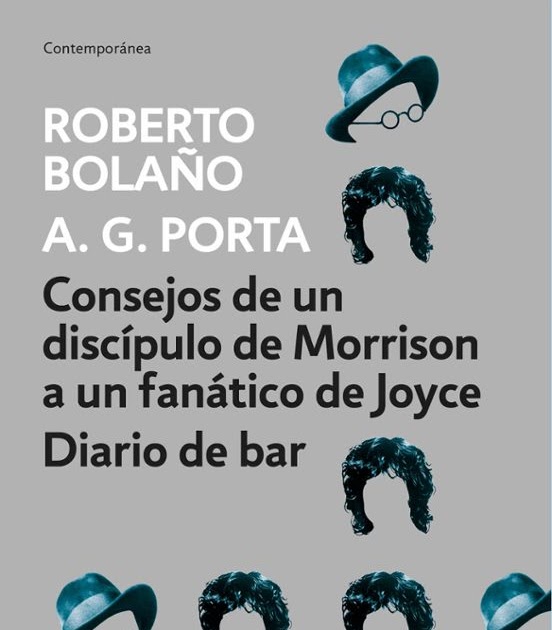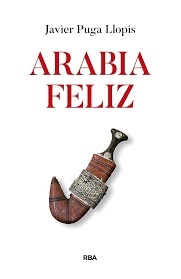
Original language: español.
Year of publication: 1984.
Valuation: quite recommended
There will be those who say that they knew who Roberto Bolaño was in 1984. I am not going to deny that a book like this Confessions… was published, at the time, and obtained a certain subsequent impact, due to the enormous myth generated by his masterpieces and, of course, by his tragic disappearance. Within the Chilean’s work (which I believe, with this review, is practically complete on this blog) it could be said not only that it is a novel of trial, but that it records the unprecedented fact of being written by four hands with the Barcelona writer Antoni Garcia Porta. A question that is both curious and somewhat stimulating for the busy reader: one can speculate with the distribution of tasks in the configuration of the novel, in parts written by one and completed by the other, in some curious word that reveals whether this or another Some are from Chilean or Catalan. All in all, the novel ends up being powerful and cohesive and I have not been able to detect differences or gaps that are telltale. As in the current fever of musical collaborations, and although García Porta has not enjoyed such an impact (since the man has decided to stay alive), the merit is joint and inseparable.
I said merit. From its curious title with a certain pop/postmodern affectation, Confessions of a Morrison disciple to a Joyce fan It is a very remarkable novel, although it seems like punk entertainment combined with a few drops of pre-Tarantino hyperviolence. They are just a few days in the life of Ángel and Ana, two young people, one of them a poet obsessed with James Joyce, the first note of future contextuality with Bolaño’s work, the other a girl who is his partner, or something like that. One from Barcelona, the other from outside. They have committed a robbery in the turbulent Barcelona of the early eighties, that of the post-Franco era kicking in, that of drugs running uncontrollably throughout the city. The robbery has coincided with other violent events and Ángel and Ana believe they are safe from police persecution, held in separate apartments while they continue with their criminal career and plan one last coup and an escape to Paris where they will start a new life. It is a dizzying, rushed, almost disruptive narrative, where Ángel, the poet, has hidden himself in a dilapidated apartment in the Sants neighborhood and believes himself safe from the police. He thinks of Ana, he thinks of Joyce and Dedalus and he sees himself projected into a maid’s room dedicated to writing. The possibility of the last blow is realized and executed.
Of course it is a vigorous narrative, almost dizzying and not given to lyrical excess. It may at some point tend towards the excess typical of a certain criminal genre, but all of this is combined in a kind of rushed narrative where styles are combined in a stimulating way. In fact, the novel gives us a final part in epistolary form. Ángel addresses Ana’s mother who, without having come to Spain, has been moving abroad. A final chapter shows us Ángel residing in France as another citizen without abandoning a certain paranoia of a cautious and timid fugitive.
The novel is completed with bar diarya booklet full of dates and places that refers to the future structure of The wild detectives. Obviously, Tips… It may seem like a minor work, an experiment for future more forceful exercises in style. But far from being something light or purely recreational: there is good chicha here.
Source: https://unlibroaldia.blogspot.com/2024/08/borrador-roberto-bolanoag-porta.html


